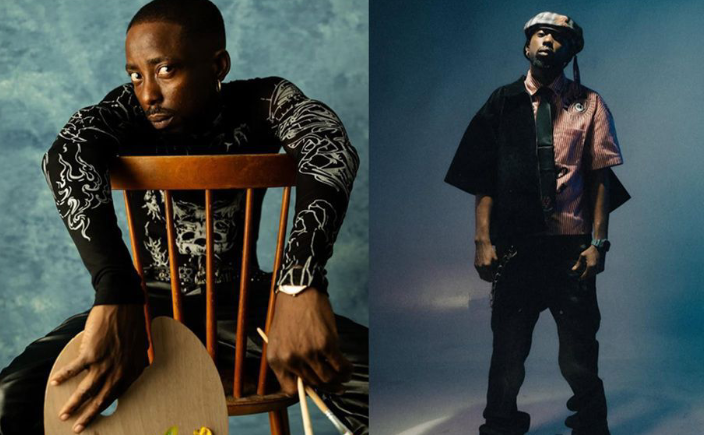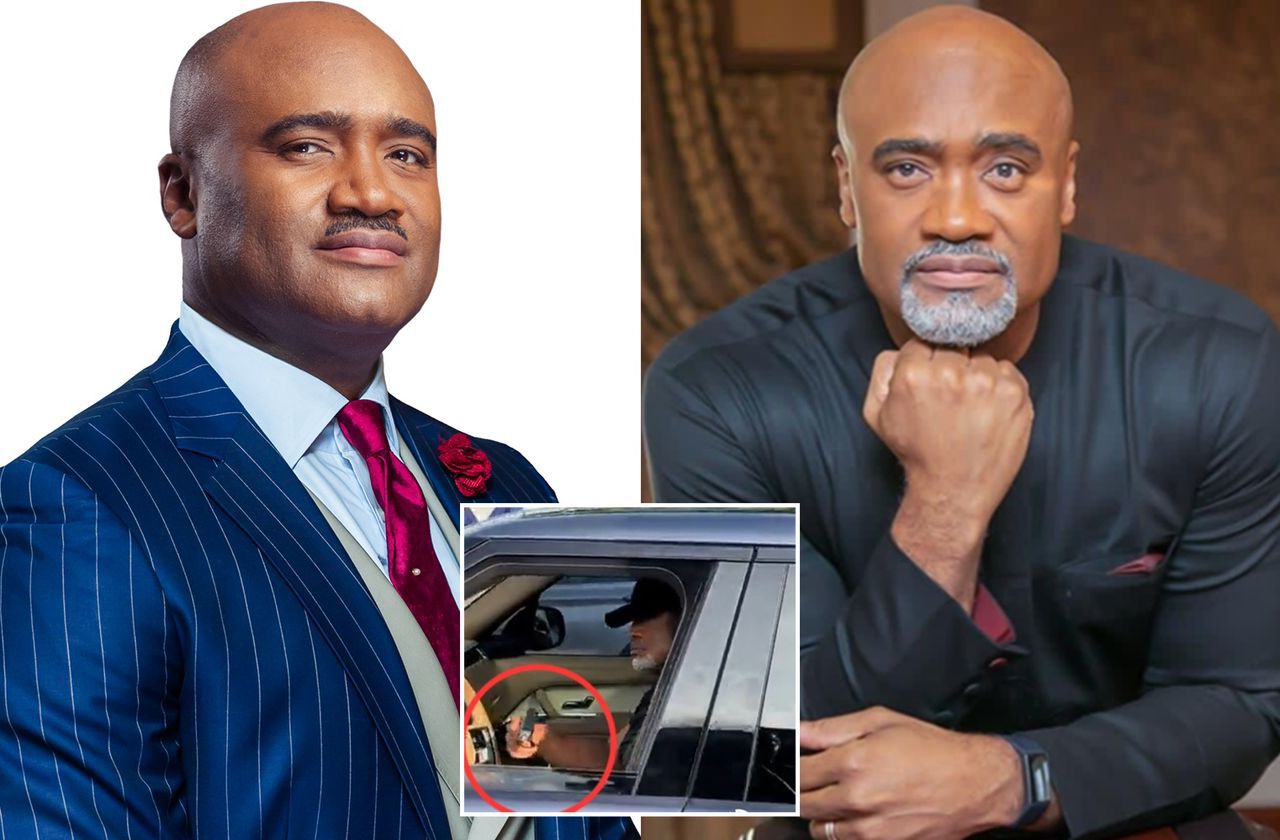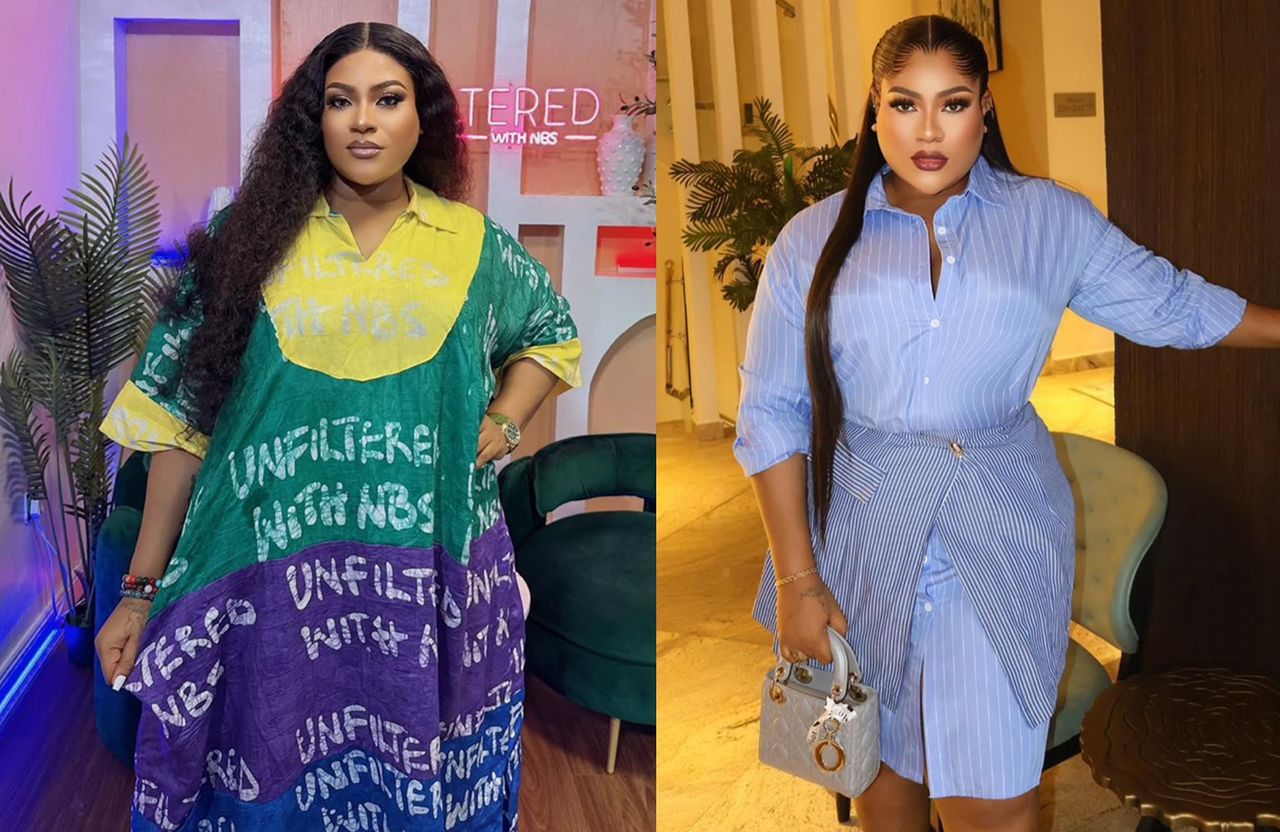
Erigga Sends Strong Warning to Parents: Stop Defending Your Children’s Misbehavior Before It Becomes a Crime

Nigerian rapper and street storyteller, Erigga, has once again stirred conversations across social media, but this time not with music or witty punchlines, but with a bold message directed at parents. Known for his raw authenticity and ability to mirror society through his words, the rapper took to his X page to caution parents on the dangers of covering up or excusing their children’s wrongdoings. In his words, “If you defend your children’s misbehavior, one day you will hire a lawyer to defend their crimes. Discipline is not child abuse.” The statement has since sparked widespread debate, striking a nerve with both parents and youths who recognize the weight of his words in a society where many are struggling with rising cases of youth delinquency and moral decadence.
Erigga’s message reflects a long-standing societal concern—how early upbringing influences the trajectory of a child’s life. Many parents, either out of excessive love, fear of confrontation, or misplaced priorities, tend to defend their children regardless of their actions. From schools to neighborhood disputes, cases abound where parents stand firmly behind their wards, sometimes intimidating teachers or neighbors who complain about their child’s misconduct. Erigga’s post points out the possible long-term consequences of such behavior. A child who is constantly excused for lying, stealing, bullying, or disrespecting authority may grow into an adult who sees crime as a normal way of life. And when that happens, it will no longer be a neighbor or teacher pointing out the problem—it will be the police, the courts, and the justice system.
The rapper’s choice of words, equating defending misbehavior today with hiring a lawyer tomorrow, paints a vivid picture. It calls attention to the growing rate of youth involvement in crime across Nigeria and beyond. In recent years, the headlines have been filled with stories of young people involved in cybercrime, fraud, robbery, cultism, and other violent offenses. Many of these individuals, when profiled, often come from homes where early signs of misconduct were ignored, overlooked, or even encouraged. Erigga’s blunt reminder underscores the age-old saying: “Train up a child in the way he should go, and when he is old, he will not depart from it.”
Interestingly, his post also sparked conversations about the difference between discipline and abuse. Many people often misinterpret corrective measures as cruelty, forgetting that discipline, when applied with love and wisdom, is not abuse but guidance. Erigga made sure to address this, clarifying that disciplining a child is not synonymous with maltreating them. It is about setting boundaries, instilling values, and ensuring that children understand consequences. The rapper’s words echo the sentiments of educationists and child psychologists who have repeatedly emphasized that children thrive best when there is a balance of love and discipline. Too much leniency breeds entitlement and irresponsibility, while excessive harshness breeds fear and rebellion. The middle ground, which is structured discipline, is what shapes balanced, responsible adults.
Parents and guardians across Nigeria have reacted differently to Erigga’s statement. Some praised him for using his platform to address an important social issue, noting that many public figures shy away from such sensitive topics. They argue that his message is timely, especially in a digital age where children are exposed to influences that sometimes clash with traditional values. Others, however, believe the matter is more complex, suggesting that poverty, lack of good role models, and systemic failures contribute more to youth crime than parental defense of misbehavior. Yet, even among this group, there is an acknowledgment that parental responsibility is key and cannot be dismissed.
Erigga’s reputation as a rapper who connects deeply with grassroots realities gives his words even more weight. His background and music often reflect the struggles of everyday people, particularly in the Niger Delta and across Nigeria’s inner cities. Over the years, he has established himself not just as an entertainer but as a social commentator, and this latest statement reinforces that role. Unlike typical celebrity posts that revolve around lifestyle and entertainment, his words pierce through the façade and confront a reality many families grapple with silently.
Beyond the immediate reactions, Erigga’s message raises a broader question about parenting in today’s world. How can parents balance protecting their children with teaching them accountability? Where should parents draw the line between support and enabling? In many African societies, discipline used to be a communal effort, with neighbors, teachers, and even extended family members playing roles in correcting children. Today, that communal approach has weakened, and parents are often quick to challenge any external authority that attempts to correct their wards. Teachers complain of being threatened, neighbors avoid confrontation, and slowly but surely, children grow up in an environment where they believe they can get away with anything. Erigga’s warning is a reminder that such a culture only fuels a generation with little respect for boundaries, rules, or authority.
This conversation also taps into the role of the justice system. Nigeria’s legal landscape has been filled with cases where young offenders are charged for crimes that could have been avoided if there had been stronger parental guidance earlier in life. Cybercrime, popularly called “Yahoo Yahoo,” is one of the most glaring examples. Many of the youths involved often justify their actions, sometimes even with the silent approval of family members who benefit from their ill-gotten wealth. By the time the law catches up with them, the consequences are often devastating not only for the individual but also for the family. Erigga’s statement forces families to reflect: would it not have been better to correct that misbehavior early, even if it meant discomfort or confrontation, rather than facing shame and legal battles later?
Social commentators have drawn parallels between Erigga’s message and global debates about parenting styles. In Western societies, terms like “helicopter parenting” and “permissive parenting” have been used to describe approaches that shield children from accountability. Studies consistently show that such children often struggle with responsibility and decision-making in adulthood. In Nigeria, while the context may differ, the underlying principle remains the same—children who grow up without correction often become adults who struggle with societal rules.
As reactions continue to pour in, one thing is certain: Erigga’s message has struck a chord. By speaking directly and without sugarcoating, he has forced a conversation that many would rather avoid. Parents are now rethinking how they handle their children’s mistakes, and young people are reflecting on how discipline shapes their future. For a society grappling with rising cases of youth crime, moral confusion, and the breakdown of communal corrective systems, his words serve as a wake-up call.
In the end, Erigga’s post is more than just a tweet—it is a mirror reflecting the urgent need for families to reclaim their roles as the first line of discipline and moral instruction. His caution is not an attack on parental love but a reminder that true love sometimes means tough choices. Protecting a child from accountability today might feel comforting, but it could also pave the way for harsher realities tomorrow. In his characteristic raw yet profound style, Erigga has reminded the world that when it comes to raising children, prevention is always better than cure, and discipline, far from being abuse, is an act of love that could save not only a child’s future but also a family’s peace.


